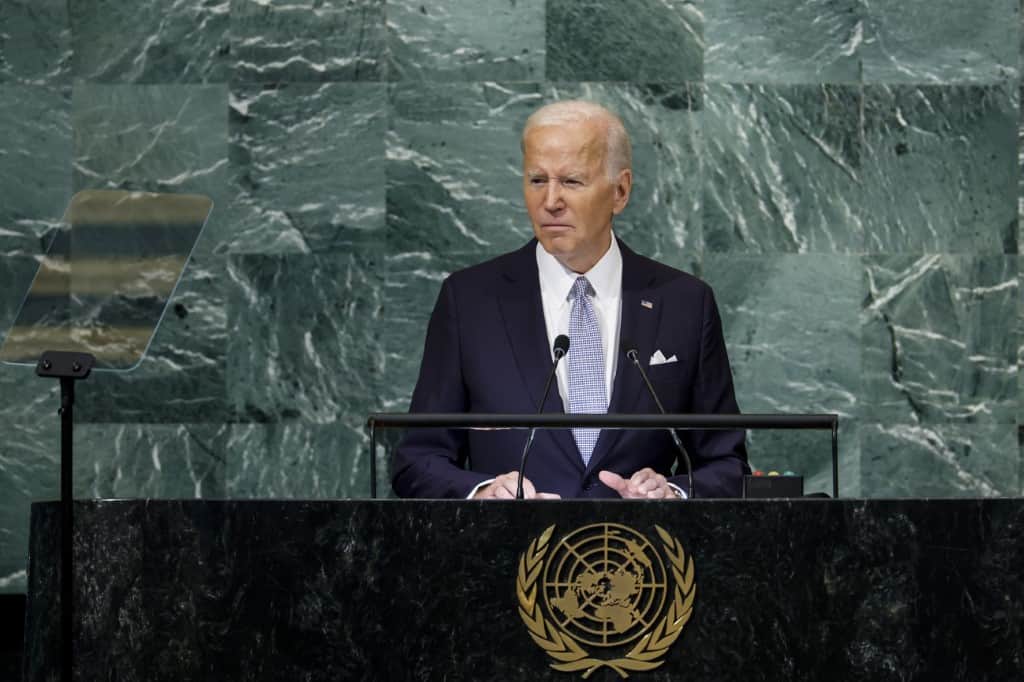US President Joe Biden announced Wednesday another $2.9 billion for a fund aimed at helping to resolve global food insecurity caused in part by Russia’s invasion of grain-producing Ukraine.
Biden will make the announcement in his speech to the UN General Assembly, the White House said. The money “builds on the $6.9 billion in US government assistance to support global food security already committed this year,” a statement said.
The White House said food supplies are being dangerously disrupted by “the compounding impacts of the pandemic, the deepening climate crisis, rising energy and fertilizer costs, and protracted conflicts — including Russia’s invasion of Ukraine.”
The turmoil has “disrupted global supply chains and dramatically increased global food prices.”
In particular, long-term drought has left parts of Somalia at risk of famine, the White House said.
“This new announcement of $2.9 billion will save lives through emergency interventions and invest in medium to long term food security assistance in order to protect the world’s most vulnerable populations from the escalating global food security crisis.”








